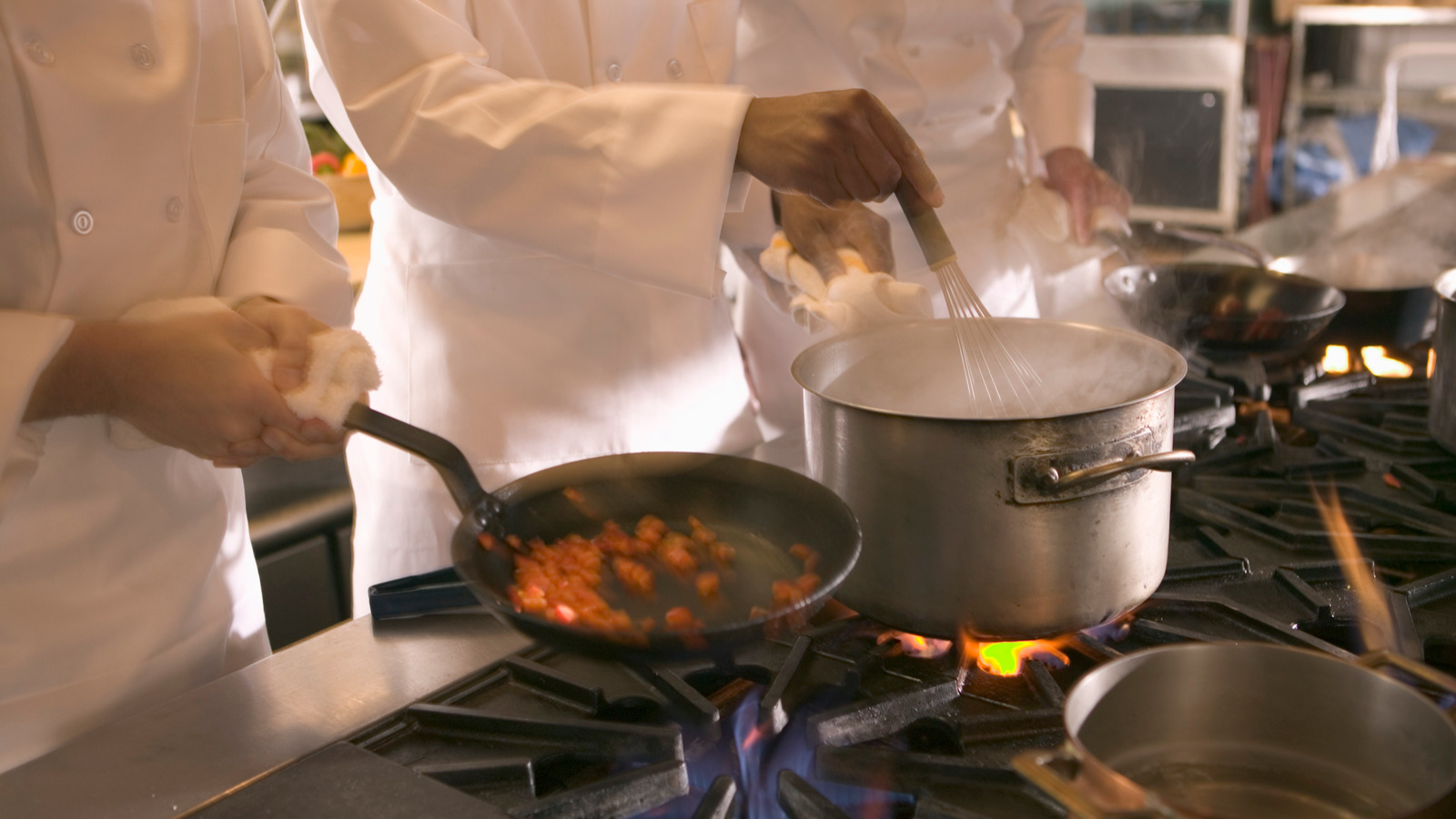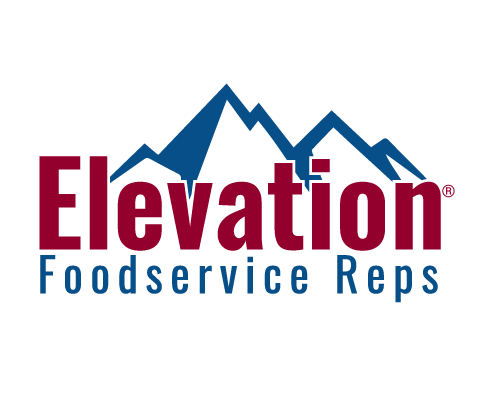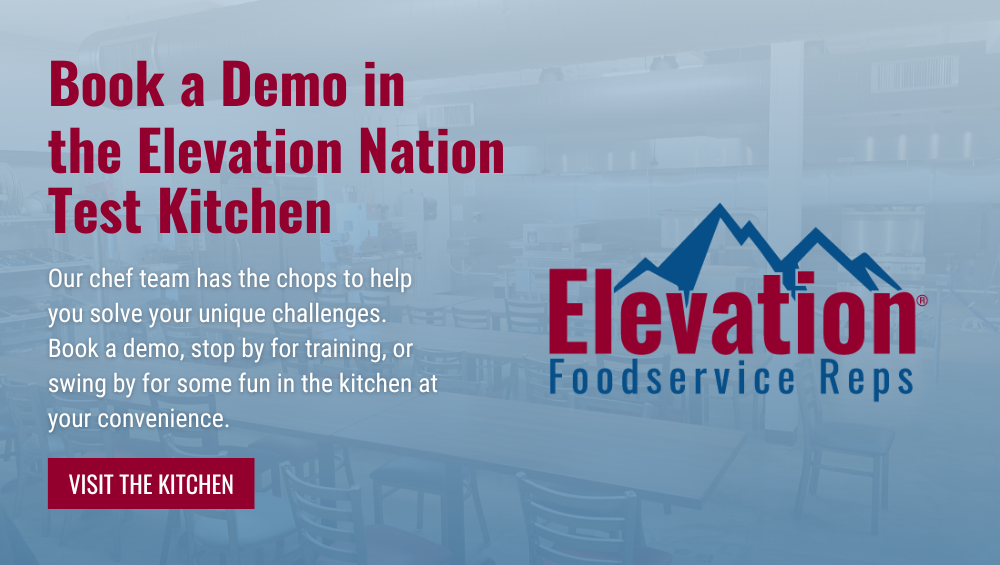ELEVATION NATION BLOG

7 Simple Steps to Purchasing Commercial Kitchen Equipment
Whether an operator is trying to start a restaurant or expand their foodservice operation, they need the best equipment. Fortunately, it's easy to learn how to buy foodservice equipment, even for those brand-new to the industry. All you have to do is follow these seven steps, and you can get your kitchen up and running in no time.
Step One: Identify Your Needs
Before starting a new restaurant or operation, it's imperative to come up with a menu. Dishes can be based on your skill set or the type of food you like preparing the most. Also, you can create a menu based on specific ingredients or around a central concept (i.e., pasta, sandwiches, burgers, etc.), or even follow some local trends.
Having a menu allows you to determine which equipment is necessary, so then you can create a list. For example, if you're planning to sell burgers and fries, you need a minimum of a flat-top grill and a fryer.
Step Two: Do Your Research
You can either buy brand-new equipment or used devices, depending on your budget. Doing your research involves deciding where your kitchen will be (i.e., an established restaurant or a new space you have to build from scratch), what type of equipment you need, and how much it will cost.
For example, if you're moving into a compact kitchen, you want smaller devices that don't take up much space. Similarly, if you don't have vent hoods installed, you can look at ventless cooking options that are also electric.
Step Three: Compare Prices
As a rule, it's better to invest in high-quality equipment than try to save money upfront. That said, if you have a limited budget, you can choose models with fewer features or buy used equipment from reselling sites. If you choose the latter option, make sure to inspect the equipment before finalizing the sale so you can verify if it's in good condition or not.
Step Four: Check Warranties and Return Policies
One advantage of buying new equipment is that it often comes with a warranty and a comprehensive return policy. However, some resellers may offer limited warranties, such as 30 or 60 days from the purchase date.
When considering a warranty, make sure you'll be able to use the equipment at least a few times before the expiration date, just in case something breaks or doesn't work correctly. Otherwise, you'll be stuck with a defective machine.
Step Five: Order and Delivery
Getting equipment delivered is the most convenient option, but you can often save money by picking it up yourself. However, consider whether you need installation help, as it's often best to trust professionals to hook everything up for you. Otherwise, if there's a problem, you're the only one liable for damages. Also remember time is money - is it worth trying to save a little money when you could be working on other tasks?
Step Six: Install and Test
Even if you're purchasing high-end equipment, some components may not work correctly. Again, if you have a limited warranty, be sure to use the equipment a few times before it expires so you can still return it if necessary. Also, consider whether employees will need training on the machinery before you can start serving customers.
Step Seven: Monitor and Maintain
All foodservice equipment will break down eventually, especially if you don't clean and maintain it. Be sure to set up a cleaning and maintenance schedule and stick to it as closely as possible. You will also want to schedule annual inspections to spot potential issues before they flare up.
Another great tip? Visit our test kitchen to get hands-on experience before you purchase. Click below to schedule time today.
Subscribe Here!
Lists by Topic
- Insider (16)
- Restaurants (15)
- Chef's Playground (12)
- Beverage (9)
- Trends (8)
- Bar (7)
- School cafeteria (7)
- Hospitality (6)
- LTI (5)
- Middleby (5)
- Steelite (5)
- Tabletop (5)
- Test Kitchen (4)
- TurboChef (4)
- C-Store (3)
- Coffee (3)
- CookTek (3)
- Glassware (3)
- COVID-19 (2)
- Concordia (2)
- Dinnerware (2)
- Front of House (2)
- Healthcare (2)
- Labor Savings (2)
- Lion's Wood Banquet Furniture (2)
- Take-Out/Delivery (2)
- American Metalcraft (1)
- Blodgett (1)
- Blodgett Combi (1)
- Bluezone (1)
- College & University (1)
- Concessions (1)
- Doyon (1)
- Eastern Tabletop (1)
- Follett (1)
- Globe (1)
- Grocery Store (1)
- Icetro (1)
- Imperial Range (1)
- Induction (1)
- Kloppenberg (1)
- MagiKitch’n (1)
- Middleby Marshall (1)
- News (1)
- Perfect Fry (1)
- Pitco (1)
- Product of the Month (1)
- Star (1)
- U-Line (1)
- Varimixer (1)
- Ventless (1)

